Picture this: you’re hosting a get-together, and you’ve stocked your fridge with a variety of beers. As the night goes on, a few bottles and cans go unfinished.
You wonder, “How long does beer last in the fridge?
Can I save these for later, or are they destined for the drain?” Fear not, fellow beer enthusiast - this blog post will guide you through the ins and outs of beer storage limits, ensuring your brews remain fresh and flavorful.
Short Summary
- Know your beer storage limits: cans last up to 6 months, bottled beer can last 2-3 years.
- Opened beers should be handled properly and can stay fresh for a day or more.
- To keep it tasting great, store in cool dark place with bottles upright & maintain fridge temp of 50 - 55°F (10 - 13°C).
Unopened Beer Storage: Bottled vs. Beer
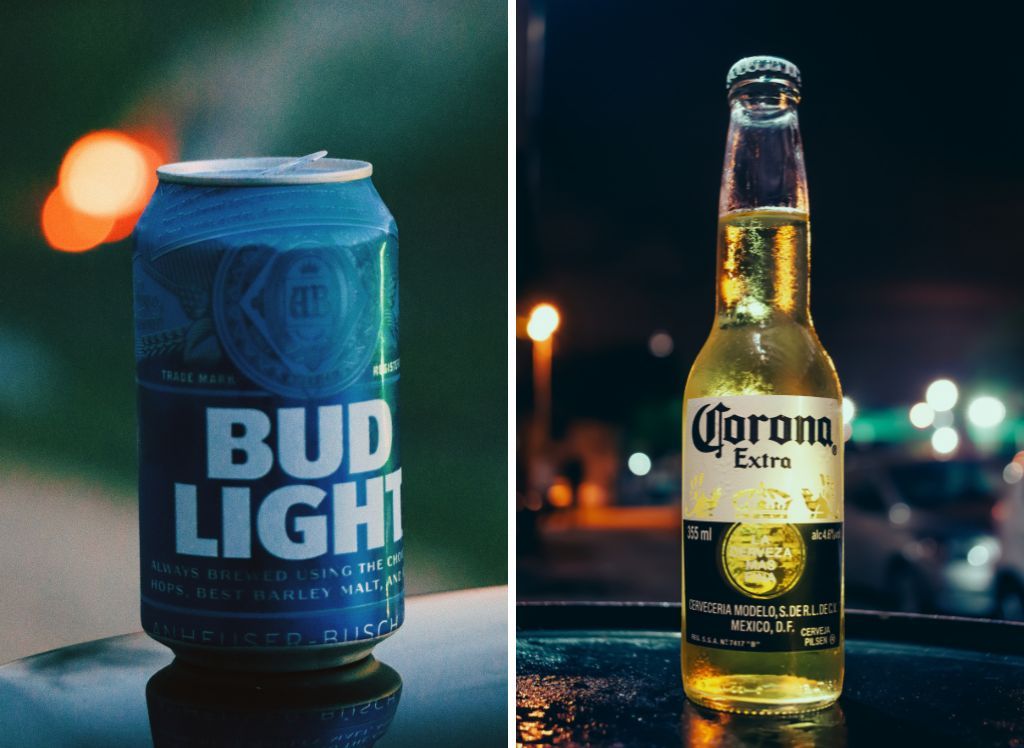
When it comes to unopened beer storage, it’s essential to consider the type of container. Canned beer, for example, can last up to 6 months in the fridge, making it a convenient option for those looking to have a cold one at any time.
On the other hand, bottled beer boasts a more extended shelf life, lasting up to 2-3 years past its “best-by date” when stored properly.
But why the significant difference between the two? The brewing time, exposure to light, oxygen, and how well the beer is sealed all play a part in its freshness.
Cans, for instance, are impervious to light and provide an airtight seal, keeping the beer fresher for longer.
Bottles, however, can allow some light and oxygen to seep in, although darker glass bottles can help mitigate this issue.
Ultimately, when choosing between bottled and canned beer, it comes down to personal preference and storage plans. If you plan to consume your beer within a few months, canned beer is an excellent option.
For those who like to keep a more extended stock, bottled beer allows you to enjoy a fresh brew even years down the line.
So, when you decide to drink beer, consider these factors to make the best choice for your needs, whether you’re drinking beer from a can or a bottle.
Opened Beer Lifespan
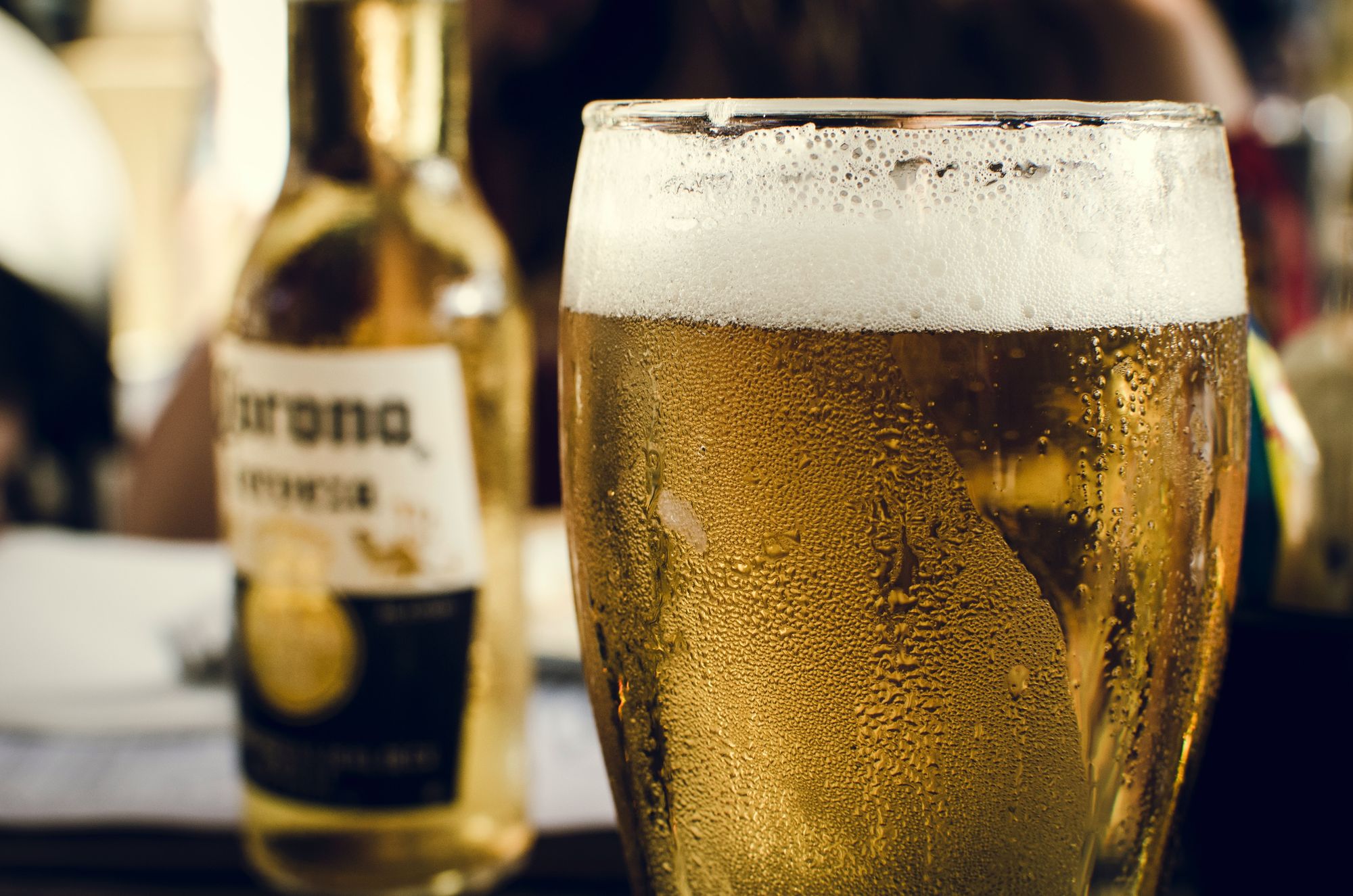
So you’ve cracked open a cold one, but you couldn’t finish it. How long does an open beer last? Generally, open beer has a short lifespan of about a day.
However, you can extend its life through proper sealing and temperature control, as discussed in the following subsections.
Keep in mind that the length of time an opened beer lasts depends on various factors, such as light exposure, oxygen, and temperature.
By paying attention to these factors, you can enjoy your opened beer for as long as possible.
Airtight Sealing
An airtight seal is crucial for keeping your opened beer fresh and carbonated. With a good seal, an open beer can last up to 36 hours, especially if it’s kept cold in the fridge.
This extended lifespan is particularly helpful when you have growlers and crowlers, as oxygen can cause hoppy beers stored in these containers to go bad quickly.
By ensuring an airtight seal, you can enjoy your growlers and crowlers within the 36-hour freshness window without having to drink expired beer.
There are several products on the market designed to help you achieve an airtight seal for your opened beer, such as bottle stoppers and vacuum sealers.
Investing in these tools can significantly improve your beer-drinking experience by ensuring you always have a fresh brew on hand, whether it’s from an unopened bottle or a previously opened one.
Temperature Control
Maintaining a consistent temperature is essential for extending the lifespan of open beer. The ideal temperature range for storing beer is between 50 and 55 degrees Fahrenheit (10 to 13 degrees Celsius).
By keeping your fridge at a consistent temperature, you can preserve the quality of your opened beer and make it last longer.
Remember that temperature fluctuations can negatively impact your beer’s taste and freshness. If you’re serious about keeping your brews in optimal condition, consider investing in a dedicated beer fridge or temperature-controlled storage area to keep your beer cold.
Homemade Beer Storage Tips
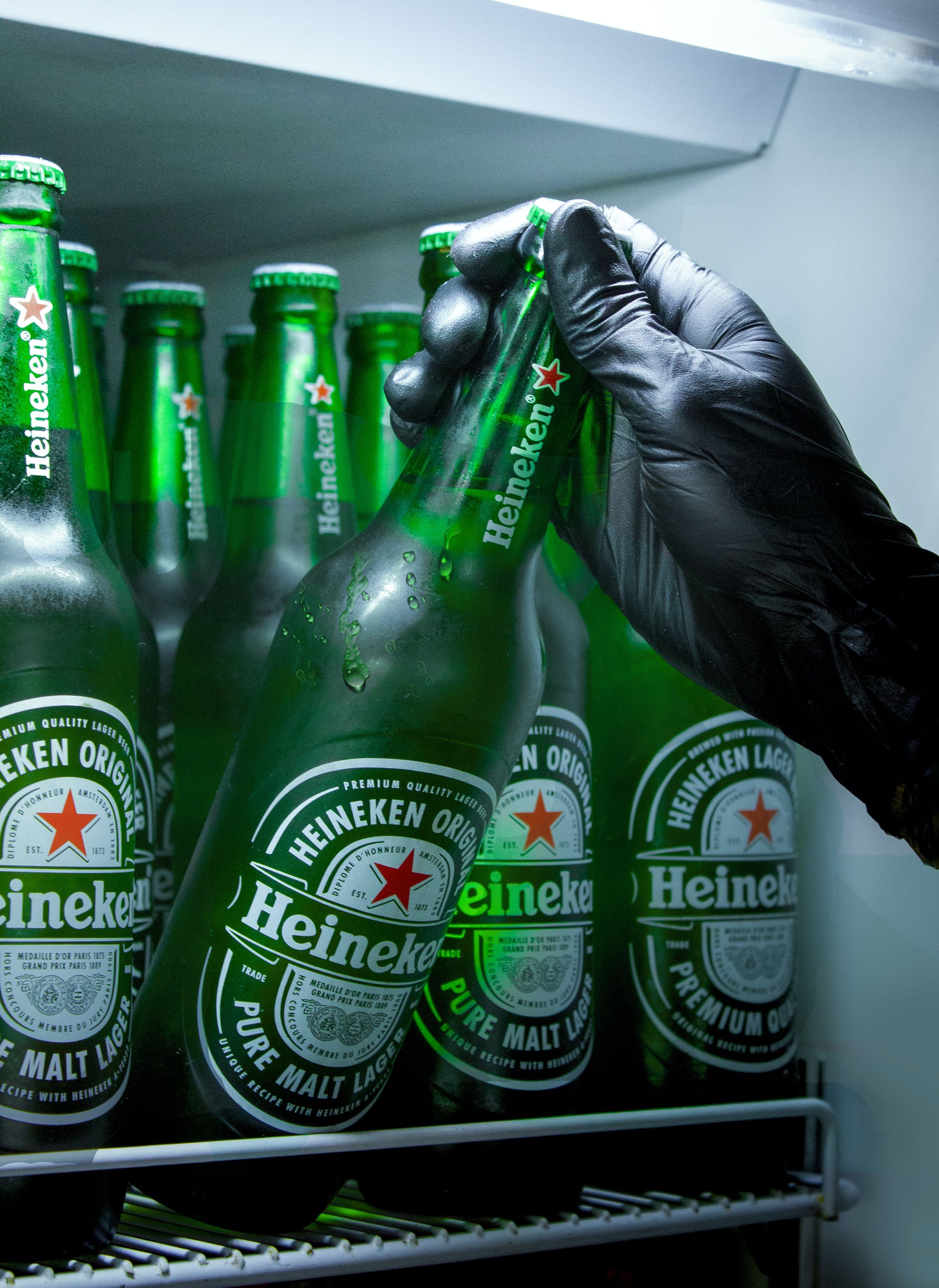
For the home brew enthusiasts out there, storing your homemade beer might be a bit different than store-bought options. You might wonder how long beer, especially homemade beer, can last in the fridge. It can last up to 12 months, but proper storage practices are crucial to maintaining freshness and taste.
One key difference between homemade and store-bought beer is their shelf life. Home brewed beers generally have a shorter shelf life than commercial brews, so it’s essential to store them correctly to maximize their flavor.
Some tips for storing homemade beer include keeping it in a cool, dark place away from direct sunlight, and ensuring your bottles are sealed tightly to prevent oxygen exposure.
By following these storage tips, you can keep your homemade beer fresh and maintain its flavor for up to a year.
This allows you to enjoy your hard work and craftsmanship without worrying about spoilage or off-tastes when you store beer.
How Different Beer Styles Affect Shelf Life
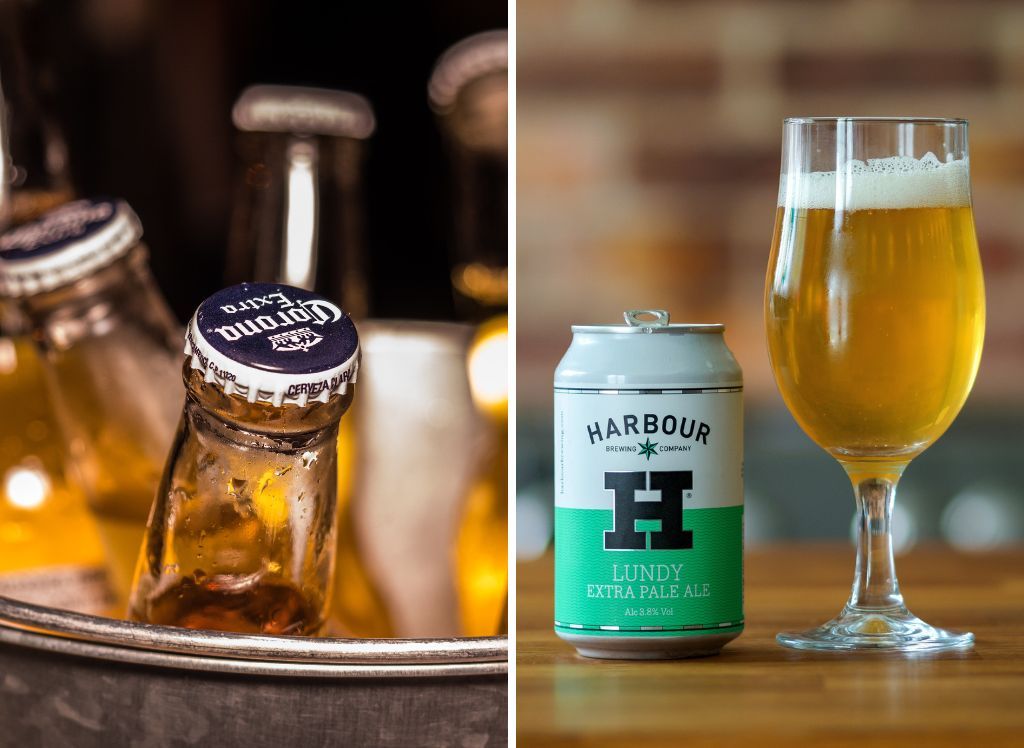
Not all beers are created equal, and their shelf life can vary depending on the style. Lighter beers, such as pale ales, have a shorter shelf life of up to 120 days in the fridge.
This is due to their delicate flavors and lower alcohol content, which makes them more susceptible to spoilage. So, how long does beer last? It’s best to consume lighter beers within this timeframe to ensure optimal taste.
Darker beers, like imperial stouts and porters, have a longer shelf life of up to 180 days in the fridge.
Their higher alcohol content and robust flavors allow them to withstand the test of time better than their lighter counterparts. However, it’s still essential to store them properly to maintain their quality.
Store your beer bottles upright to keep oxygen exposure low. Don’t store them on their sides. This reduces the beer’s contact with the bottle cap, which can allow oxygen to seep in over time.
Additionally, dark glass bottles are better at keeping out light and oxygen, further preserving your beer’s flavor.
By understanding how different beer styles affect shelf life, you can make informed decisions about which brews to enjoy now and which ones to save for later.
This knowledge also helps prevent the disappointment of opening a beer only to find it’s past its prime.
Signs Your Beer Has Gone Bad
Nobody wants to drink bad beer, so it’s essential to know the signs that your beer has gone past its expiration date.
Off smells, tastes, and an irregular appearance are clear indicators that your beer has gone bad.
This can be due to oxidation, which alters the beer’s chemical compounds and changes its flavor.
If you come across a beer that exhibits any of these signs, it’s best to discard it and move on to a fresher option.
While drinking expired beer might not make you sick, it certainly won’t be an enjoyable experience.
Save yourself the disappointment by staying vigilant and knowing when it’s time to say goodbye to an expired beer.
Proper Beer Storage Practices
To keep your beer in top-notch condition, it’s crucial to follow proper storage practices.
First, store your beer in a cool, dark place away from direct sunlight or heat sources.
Light, heat, oxygen, and time are all enemies of beer, so keeping your brews in an ideal environment will help maintain their freshness.
Next, store your beer bottles upright. This reduces the beer’s contact with the bottle cap, which can allow oxygen to seep in over time.
This is especially important for bottled beer, as they can be more prone to oxidation than cans.
Lastly, maintain a consistent fridge temperature to preserve your opened beer. As mentioned earlier, the ideal temperature range for storing beer is between 50 and 55 degrees Fahrenheit (10 to 13 degrees Celsius).
By keeping your fridge at a consistent temperature, you can extend the lifespan of your opened beer and enjoy it at its best quality.
Beer Aging: When It's Beneficial
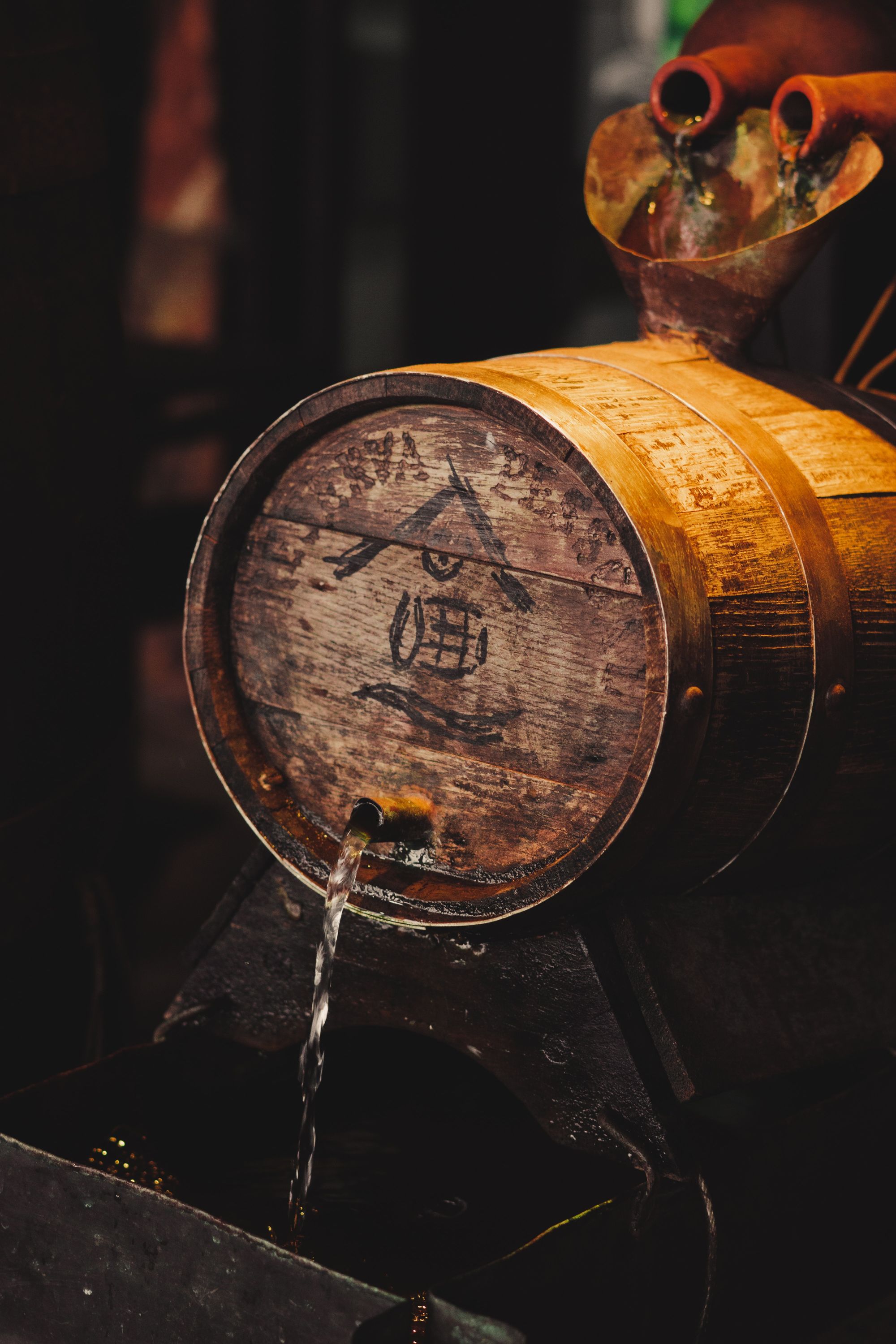
While aging might not be ideal for most beers, certain styles can actually benefit from some extra time in storage.
Barleywines, imperial stouts, and other high-alcohol, robust beers can develop more complex flavors over time, making them prime candidates for aging.
If you’re interested in aging your beer, consider investing in a dedicated beer cellar or temperature-controlled storage area.
This will help maintain the ideal conditions for aging and allow your brews to reach their full potential.
Keep in mind that not all beers will improve with age, so it’s essential to research and understand which styles are best suited for this process.
Creative Uses for Expired Beer
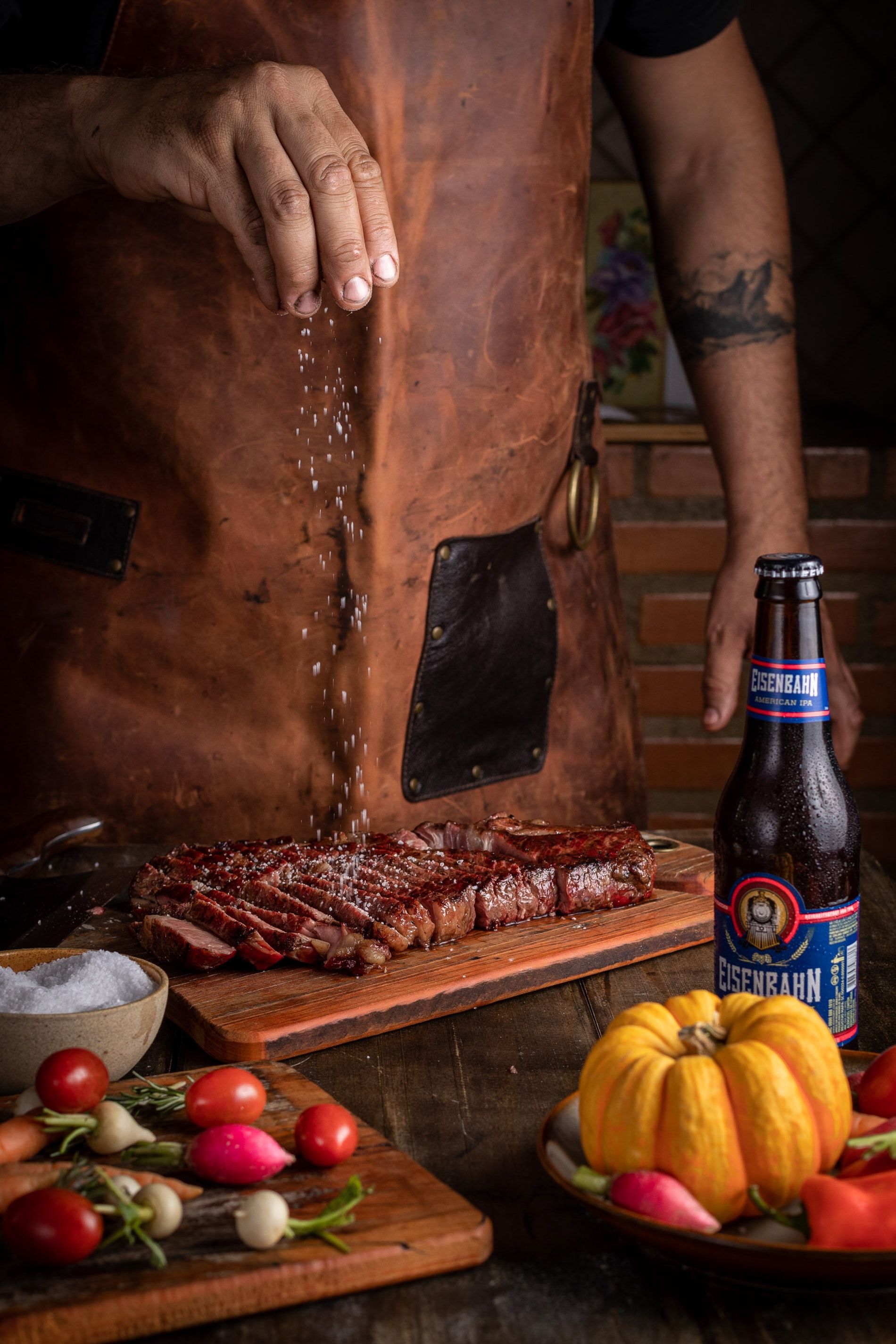
If you happen to have some expired beer on hand, don’t worry - there are still plenty of creative ways to put it to good use.
For instance, you can use expired beer for cooking. It works wonders as a marinade for meat, helping to tenderize and add flavor.
Marinating meat with beer has numerous benefits. It has been shown to reduce carcinogenic levels in grilled meat and increase its antioxidant and phenolic content. Additionally, the flavoring imparted by beer to the meat improves its quality.
Expired beer can also be used for cleaning purposes. Its acidity can help remove stains and break down grime on various surfaces, such as wooden furniture.
Plus, you can use expired beer as a personal care product, like a hair rinse or shampoo, providing nutrients and shine to your locks.
By repurposing expired beer, you can make the most of its remaining qualities without letting it go to waste.
So don’t be too quick to pour that old beer down the sink - it might just have a few more tricks up its sleeves, especially when compared to fresh beer.
Looking for a beer fridge to store your beer at the right temperature? Then check out our article on the top beer fridge picks!
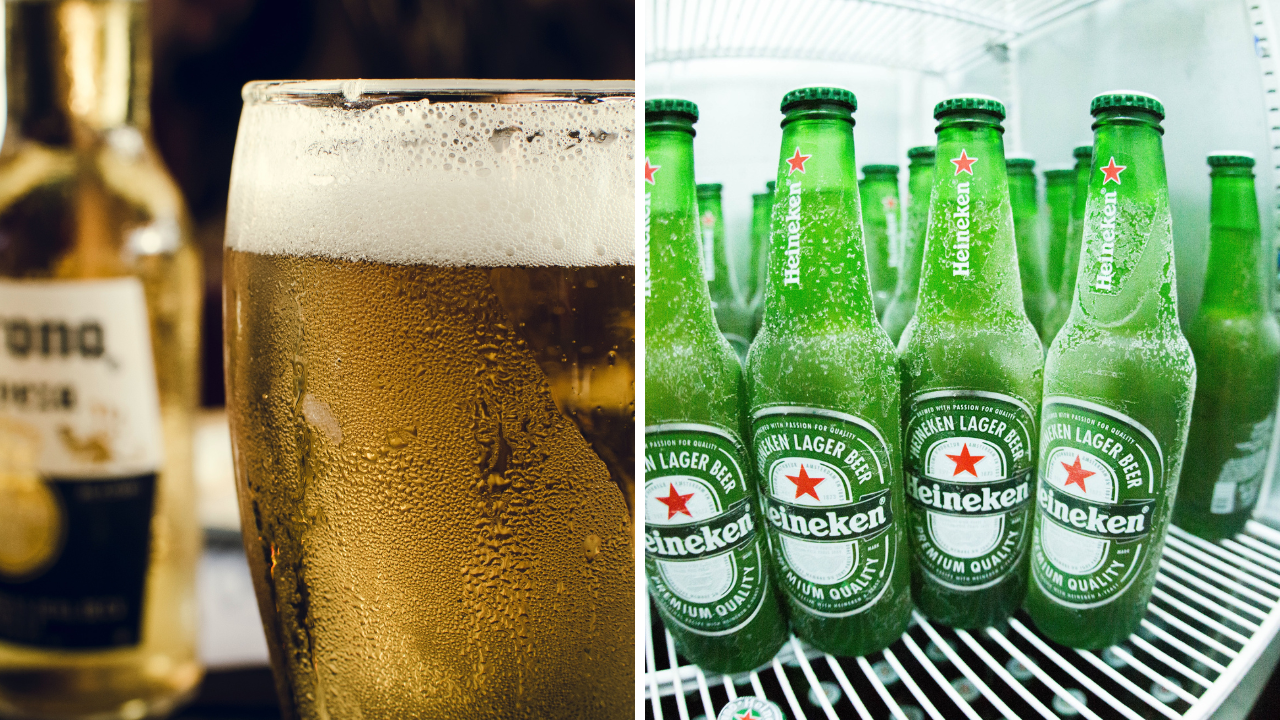
Summary
In conclusion, understanding how long beer lasts in the fridge and proper storage practices are essential for any beer lover.
By paying attention to factors like container type, storage conditions, and beer style, you can maximize the freshness and flavor of your brews.
Whether you’re a casual beer drinker or a dedicated homebrewer, knowing how to store and preserve your beer will ensure every sip is a satisfying one. Cheers to enjoying your favorite brews at their best!
Frequently Asked Questions
Does beer go bad in the fridge?
Yes, beer can go bad in the fridge. If stored at a cool temperature, bottled beer can last up to six months; however, it can spoil in as little as three months if kept in warm temperatures. Other containers like crowlers and growlers have shorter shelf lives.
How long does unopened beer last in the fridge?
If you store your unopened beer in the fridge, it’ll last you up to 2 years! So you can keep it around as a delicious treat for special occasions. Just be sure to check the expiration date before you crack it open.
Can you drink beer 2 years out of date?
Unfortunately, it’s generally not recommended to drink beer that is two years past its expiration date. To ensure you get the best flavor and quality from your brews, it’s better to stick to beers with a current production or “born-on” date.
Does beer have to be refrigerated?
It is recommended to refrigerate beer if you want to keep it fresh and preserve its flavor. If stored unopened at room temperature, it can still be drinkable for several months, but refrigerator storage is recommended if you plan on keeping it for more than a couple of weeks.
How long does opened beer last?
If you want to store your opened beer, it can stay good for up to 36 hours - as long as you store it at the right temperature and make sure the bottle is sealed properly. To ensure your beer stays fresh, you should store it in a cool, dark place. The ideal temperature for storing beer is between 45 and 55 degrees Fahrenheit. Make sure the bottle is sealed tightly and not exposed to air. This will help keep the beer from going flat.
Can you drink 1 month expired beer?
No, it is not recommended to drink beer that is more than a month past its expiration date. Beer is a perishable product and its taste and quality can change over time. After one month, the beer may have taken on a sour taste or have been contaminated with bacteria, making it unsafe to drink. It is best to check the expiration date before drinking any beer.
Does canned or bottled beer last longer in the fridge?
Canned beer typically lasts longer in the fridge than bottled beer. Canned beer is better sealed than bottled beer, which means it is less likely to be exposed to oxygen and other elements that can spoil the taste. Canned beer also has a higher alcohol content than bottled beer, which helps preserve it for longer periods of time.










